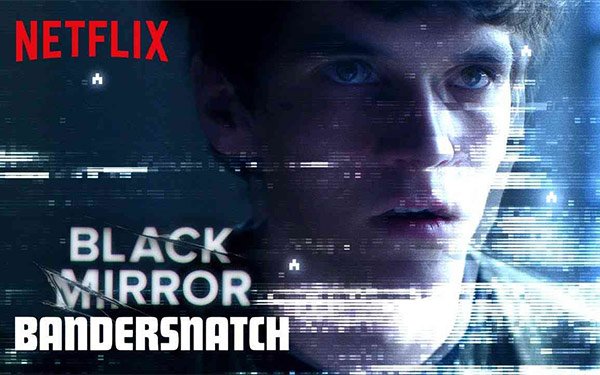Netflix, Chooseco Resolve Battle Over 'Bandersnatch'
- by Wendy Davis @wendyndavis, November 24, 2020

Netflix and Chooseco, publisher of the “Choose Your Own Adventure” book series, have settled a high-profile dispute over claims that the interactive video show “Black Mirror: Bandersnatch” infringed Chooseco's trademark, the companies said Monday in court papers.
The settlement calls for U.S. District Court Judge William Sessions III in Burlington, Vermont to vacate a written decision he issued in February, when he rejected Netflix's argument that it was entitled to a fast dismissal of the lawsuit under First Amendment principles.
Other settlement terms haven't been disclosed.
The deal brings an end to a dispute dating to January of 2019, when Chooseco alleged that Netflix's “Bandersnatch” drew on Chooseco's trademark in order to “benefit from the positive associations with -- and nostalgia for -- the brand by adults who read the series as youngsters.”
The Netflix show featured a character who referred to a fictional book, Bandersnatch, which he described as a “Choose Your Own Adventure” book.
Books in that children's series -- popular in the 1980s and 1990s -- allow readers to decide the outcome of the story.
Chooseco also said Netflix attempted to license the phrase, but began using the expression without a license after the two companies couldn't agree on terms.
Netflix urged Sessions to dismiss the lawsuit at an early stage, arguing that the use of the words “choose your own adventure” is protected by free speech principles.
Sessions rejected Netflix's request in February. At the time, he said he needed more evidence to evaluate Netflix's argument that its use of the phrase was protected by free speech concepts.
“The court lacks the facts necessary to determine whether consumers perceive the phrase in a descriptive sense or whether they simply associate it with Chooseco’s brand,” Sessions wrote in the now-vacated 30-page ruling that allowed Chooseco to proceed with its claims.
“Chooseco has pleaded sufficient factual allegations indicating that it is at least plausible Netflix used Choose Your Own Adventure ... in bad faith,” he added in that former ruling.


